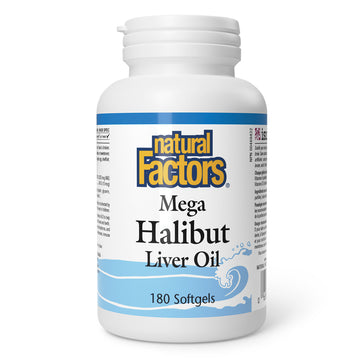Vegetarian Vitamin D Supplements
(58)
Vitamin D is a fat-soluble vitamin that is important for maintaining healthy bones and teeth, supporting immune function, and regulating calcium and phosphorus levels in the body. Vitamin D can be obtained through exposure to sunlight or by consuming certain foods, such as fatty fish, egg yolks, and fortified foods.
Vegetarians and vegans may be at risk of deficiency in vitamin D due to their plant-based diet. There are several options for increasing vitamin D intake as a vegetarian or vegan, including:
Vitamin D supplements: These supplements are available in the form of tablets or capsules and can be taken daily or weekly.
Fortified foods: Some plant-based milks, cereals, and juices are fortified with vitamin D.
Sunlight exposure: Vitamin D can also be synthesized in the skin through exposure to sunlight. It's important to be mindful of sun safety, such as wearing sunscreen and protective clothing, when spending time in the sun.
It's important to note that while supplements can be helpful in ensuring adequate nutrient intake, they are not a substitute for a well-balanced diet that includes a variety of nutrient-rich plant-based foods. If you have specific concerns about your vitamin D intake as a vegetarian or vegan, it's important to speak with a healthcare provider or a registered dietitian for personalized advice. They can help determine if a supplement is necessary and, if so, recommend the appropriate dose and duration of treatment.
Vegetarians and vegans may be at risk of deficiency in vitamin D due to their plant-based diet. There are several options for increasing vitamin D intake as a vegetarian or vegan, including:
Vitamin D supplements: These supplements are available in the form of tablets or capsules and can be taken daily or weekly.
Fortified foods: Some plant-based milks, cereals, and juices are fortified with vitamin D.
Sunlight exposure: Vitamin D can also be synthesized in the skin through exposure to sunlight. It's important to be mindful of sun safety, such as wearing sunscreen and protective clothing, when spending time in the sun.
It's important to note that while supplements can be helpful in ensuring adequate nutrient intake, they are not a substitute for a well-balanced diet that includes a variety of nutrient-rich plant-based foods. If you have specific concerns about your vitamin D intake as a vegetarian or vegan, it's important to speak with a healthcare provider or a registered dietitian for personalized advice. They can help determine if a supplement is necessary and, if so, recommend the appropriate dose and duration of treatment.






























